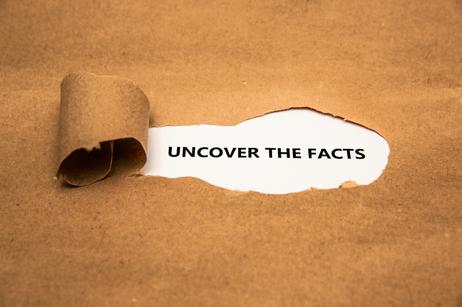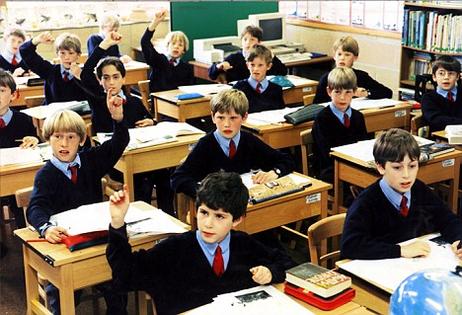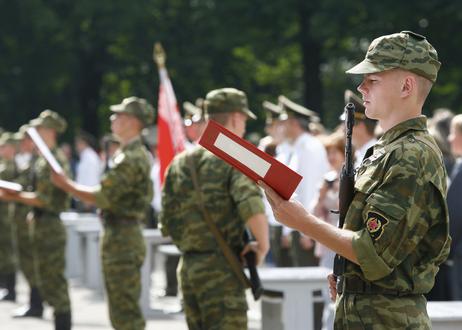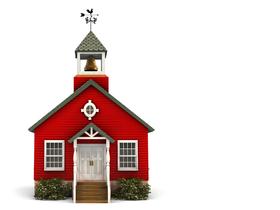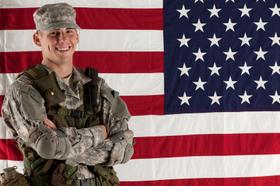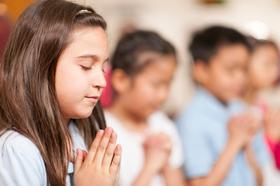Myths, urban legends, and just plain misinformation abound concerning private schools. That doesn't help parents who are thinking about sending their children to private school. So, let's shed some light on the facts you may not have known about private schools.
1. Private schools existed before public schools.
That's right! Back in colonial times, education varied from colony to colony. The common thread that I was able to find is that education was stratified along class lines. Children from poor families were taught skills so that they could do a manual job and survive. Children from the upper classes received a basic education in literature, mathematics, and religion. If their families could afford it, the boys might be sent off to boarding school in England. This stratification of education persisted until the late 19th century.
This video looks at the beginnings of Colonial education: dame schools, Latin grammar schools, church schools, and pauper schools.
In those times upper-class girls were given enough education to be able to run a household. But amazingly enough colonial families did have daycare. They could leave their children at Dame schools, so-called because a dame or lady would teach their children the basics such as their letters and some prayers while she tended to her household chores.
2. Private schools are set up in three main ways.
Many parents assume that all private schools are set up in

